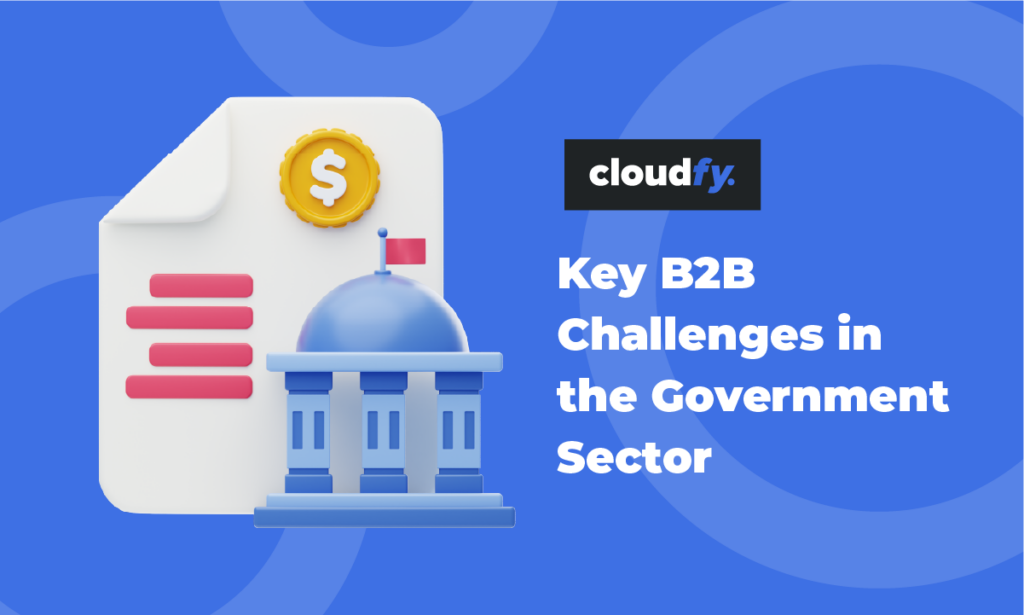Research by Google and Boston Consulting Group concluded that, on average, 40% of revenue for leading business to business (B2B) ecommerce organizations is driven or influenced by mobile devices. It also predicts that 70% of all B2B search queries will be made using mobile devices this year.
Anytime, anywhere B2B buying preferences are making mobile app commerce for smartphones and tablets a priority for many businesses. Here we take a look at how it can fit into your business strategy.
Strategic ecommerce choices
The strategic choice is not whether to offer B2B app commerce or a B2B ecommerce site. Mobile apps must be integrated into the digital transformation strategy for your business.
Businesses that take a siloed approach to B2B app commerce will miss significant opportunities to engage with their buyers and to capture data that will improve sales opportunities.
A high-quality user experience is essential. Ecommerce businesses must not only meet and exceed the app commerce standards set by their competitors; they must also compare well with all other mobile buying experiences. Buyers who start their online journey on a mobile device will also expect be continue seamlessly on other online and offline sales channels, making an integrated approach a requirement.
B2B mobile app commerce challenges
While integrating B2B ecommerce apps with your business environment, and particularly your ecommerce platform, will deliver benefits to your business, there are also challenges.
The resources needed to create and maintain an effective app and to keep customers engaged can be daunting. Choosing an ecommerce platform that supports B2B customer personalization and allows you to effectively access and use customer data can help to solve both problems.
This makes your choice of ecommerce platform the foundation of your mobile innovation strategy. It will provide the framework for the business and data processing logic for your apps.
Mobile user experience
The success of your mobile app commerce approach will depend on the user experience you deliver. It must be designed specifically for use on smaller screens, delivering excellent function and performance, and focusing on taps and swipes rather than clicks.
This means that there is an important distinction to be made between an app and a ‘mobile web’ experience where an existing website, designed for use on a desktop computer, is converted to suit mobile devices.
Poorly designed mobile websites can result in online forms that are almost impossible to complete and navigation that is difficult to use. The buyer will also need to have internet access, which can be affected by interruptions in connectivity.
Page load times can drastically affect navigation speed and completion times when adding items to the cart or checking out. Over half of your customers will leave your site if it takes more than three seconds to load. Speed has therefore become an important competitive advantage and Google will rank fast sites more highly.
A native mobile app, designed with the mobile experience in mind, takes a different approach to delivering the commerce experience, with a simplified visual style and intuitive content.
Choosing your B2B ecommerce platform
Leading ecommerce platforms help to simplify the process of building and integrating mobile apps and will include personalization tools, accurate customer data capture, and AI-driven campaigns.
With these features, the same Google and Boston Consulting Group research suggests that mobile apps can speed up time to purchase by 20%, leading to higher levels of engagement and increased revenue.
Mobile apps can also help you to optimize your marketing activities with options such as enhanced terms and personalized loyalty programs.
What B2B mobile apps offer your business
Mobile commerce apps will ensure your business is discovered by buyers using their mobile devices but can offer your business other benefits too.
Convenience – native apps will deliver results more quickly than your mobile-optimized ecommerce website. Once your app is loaded, your buyers are just a tap away, with fast load-times and a user-experience designed for mobile devices.
Personalization – personalized experiences are a priority but, with more people becoming involved in B2B buying decisions, sophisticated businesses are now using apps to help build consensus amongst everyone involved in the purchasing process.
Extra features – app users can also take advantage of features on their mobile devices, such as checking barcodes using the camera, as well as taking notes and reviewing previous purchases. Importantly, apps also make it easy to move offline, so buyers can finish placing their order after a meeting, for example.
Innovation – apps are also ideal for taking advantage of new technology such as augmented reality (AR), helping buyers to visualize and customize different product items, take 360-degree views of your products, or even build custom product designs. AR is also valuable for interactive advertisements and immersive mobile experiences.
Engagement – B2B buyers don’t simply focus on price; their buying experience is becoming an important differentiator. B2B app commerce can promote customer engagement to reduce churn and increase marketing reach, especially with digital natives. Push notifications, stock levels, and easy payment options via your apps will make the life of B2B buyers easier.
Repeat purchases – people are twice as likely to return to a mobile app within 30 days than to a mobile-optimized website. They will also spend up to 25% more per session. Each time they check their phone they will see your app logo.
Capturing data – mobile apps are an excellent tool for customer data collection, including user experience analytics, split test analytics, and marketing tracking. To collect these valuable customer insights, having a CRM integrated with your B2B ecommerce platform and apps will be an essential business tool.
Progressive web apps
Progressive web apps (PWAs) are an alternative approach. They are websites that deliver a mobile app experience without the need to install an app at all.
They deliver a fast and seamless online experience across channels and can even be saved on the home screen of mobile devices without visiting an app store. Ecommerce businesses that have created PWAs have seen much faster page load times, improved engagement and better conversion rates.
Some organizations have already decided that PWAs are a better solution than maintaining an ecommerce website and one or more mobile apps.
To discuss a mobile-first future for your B2B business strategy and to find out about Cloudfy B2B AppCommerce, talk to one of our experts.






